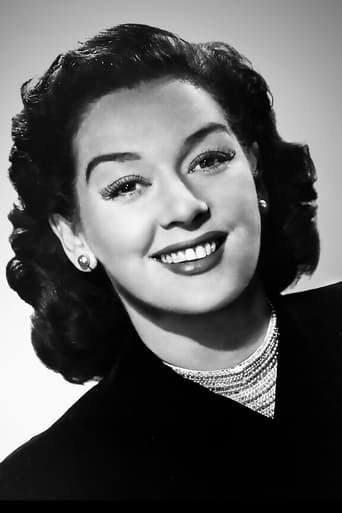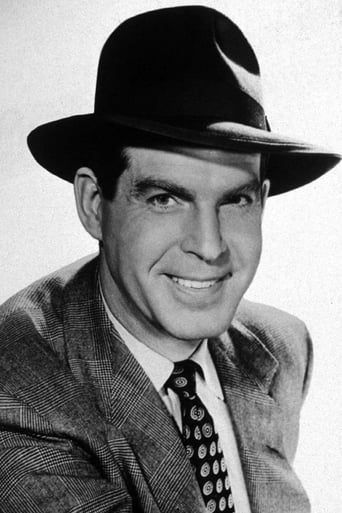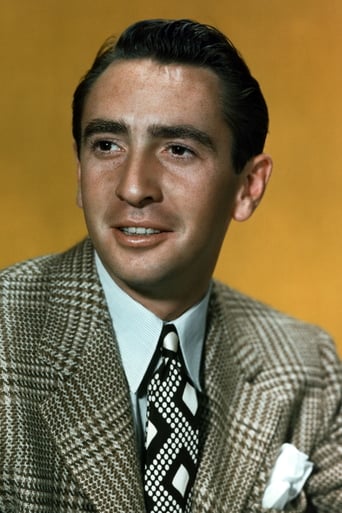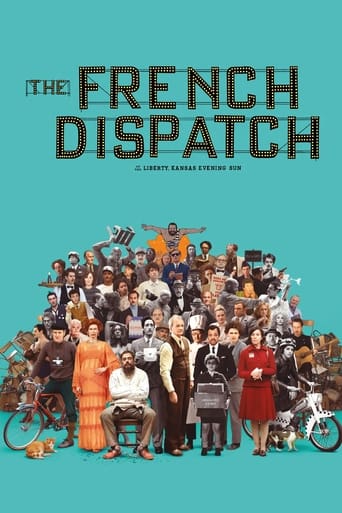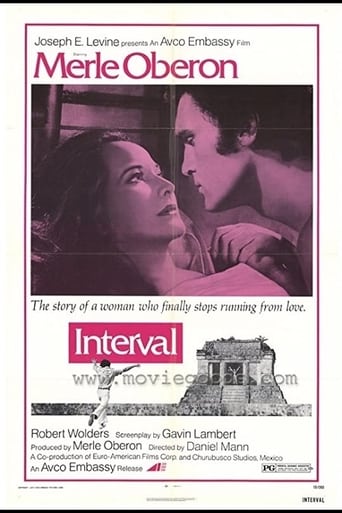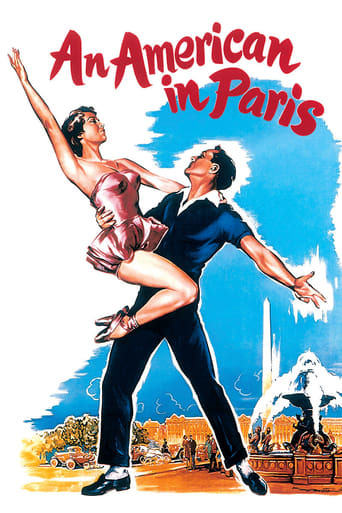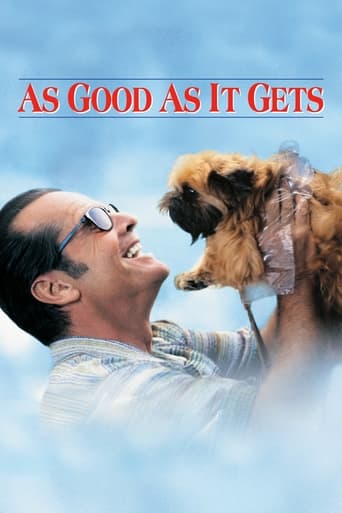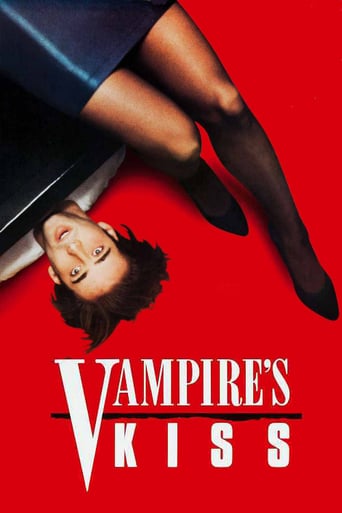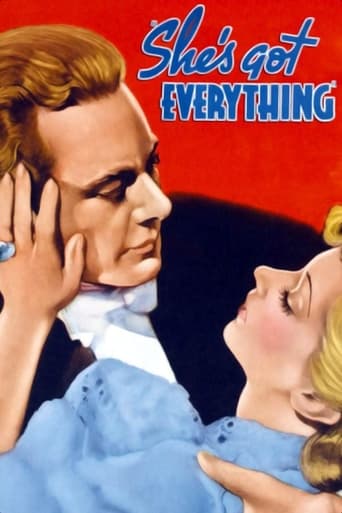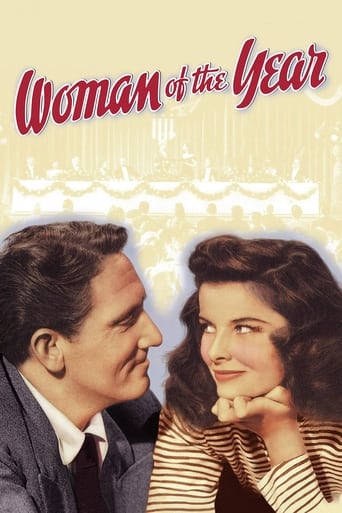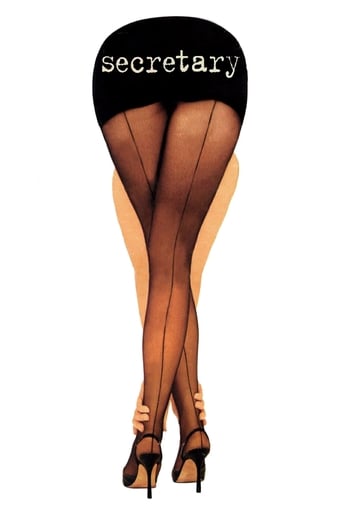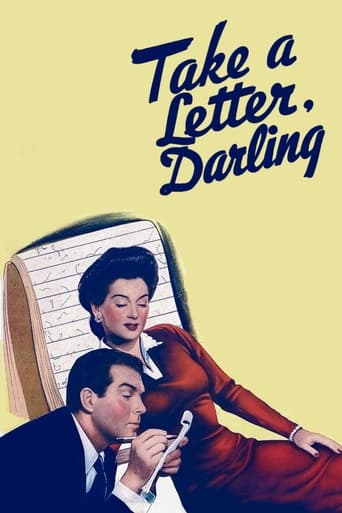
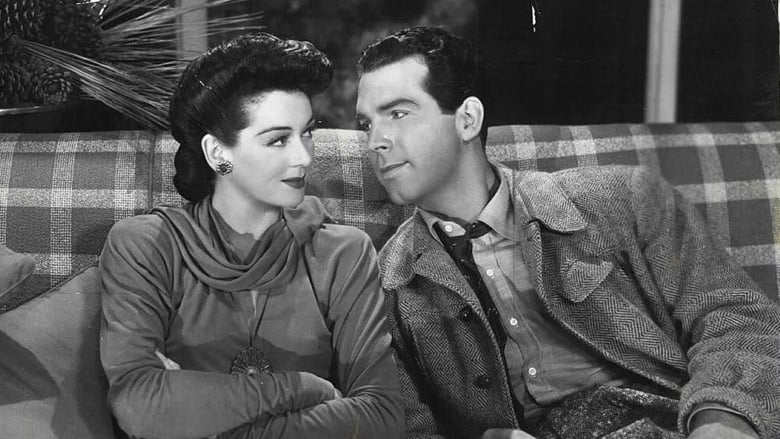
Take a Letter, Darling (1942)
A struggling painter takes a job as a secretary to a female advertising executive. While working to obtain an account from a tobacco company, they end up falling in love.
Watch Trailer
Cast


Similar titles
Reviews
Old, wonderful movies like these need to be restored and offered on Netflix and Amazon so they are able to be purchased. Roz Russell was a brilliant comedienne and her personality played beautifully against Fred Mac Murray's laid-back, sardonic presence. This is a gem that needs some loving care. At least show it more on TCM. One of the earliest films to show male-female role reversal, i.e., male secretary vs female executive. It's such a great way to see how the upper middle class and upper, upper classes lived in the early forties. The night life scenes and the music are wonderful. A must see film for Russell fans.
The first half-hour sparkles. Tom (Mac Murray) is hired as a male secretary to what turns out to be a female (Russell) advertising executive. Worse, A.M. (that's her name) insists the tall good-looking secretary act as her beck-and-call escort. Remember, those were the days of strictly defined gender roles that were being transgressed by the arrangement. Hence, it's a setup with all sorts of entertaining complications. Meanwhile, Tom sees his masculinity slipping away, playing second-fiddle to a woman even if she is a generous paymaster. Those early scenes crackle with amusing by-play and are beautifully performed by two of Hollywood's best. I just wish the versatile Mac Murray had gotten the recognition his talent deserves. However, once the focus shifts to complications with the Caldwells (Carey & Moore), the movie settles into more familiar and less sparkling terrain. Nonetheless, the results remain a fine example of studio craftsmanship from the '40's. Screenwriter Binyon, for example, was renowned for the wit and satirical abilities that show up here, while director Leisen certainly had the right touch for the frothy material. Note, for example, how many of his scenes don't end with a conventional cut-away from cast principals. Instead, Leisen ends the nightclub scene with two extras engaged in some card-playing business, or the scene that ends with a bellhop extra walking a dog up the hallway. These are colorful touches from a director who obviously cares.Anyway, in my book, the movie's an imaginative little comedy from the studio that certainly knew how to do them, Paramount.
The title of this comment is not reflective of this movie, a witty and expertly-handled farce; a shiny, energetic bit of bric-a-brac representing a memento of what we'll look back on one day as the high point of American popular entertainment (if not American civilization - once so down-to-earth, and disarmingly unpretentious). Rather, it refers to the sad reality of what the powers that be are allowing to befall the pre-1950 Paramount back catalog, as vital a part of American cultural history as any you'd care to name. Whether it's Sony, or Universal, or Vivendi into whose corporate clutches the rights have now fallen, I've frankly lost track of - it's one of them, though (and maybe all three).Point blank: these films are not being cared for, let alone properly restored. You see it time and again with vintage Paramount films - if it's a famous title they're sure they can make money on (like DOUBLE INDEMNITY, say, or the ROAD comedies or Sturges classics) the print looks and sounds pristine; but these days - if it's one of the hundreds of less-well-remembered Paramounts - invariably the picture is bleached and indistinct, the sound deteriorated, and the entire experience of watching the film deeply compromised. There's no other word for it than "disgraceful" (particularly as it's been Sony/Universal/Vivendi who've been keeping these films OUT of circulation for decades now, resulting in their less-well-remembered status in the first place!) if for no other reason that it robs us, and future generations, of the joy of REdiscovery that's such a rewarding aspect of watching vintage Hollywood films; of seeing, and appreciating, aspects and nuances that its contemporary audience perhaps missed, or weren't even looking for, the first time around.I'm possibly making a mountain out of a molehill here, and particularly in TAKE A LETTER's case, as the picture is soft but certainly still watchable, though the crispness and contrast of the original image isn't there. (The the cast-listing after the picture ends, however, is so washed out it's utterly illegible. You can barely make out a single name.) And compared to the unmitigated audio-video horror that is now SWING HIGH, SWING LOW (another Fred MacMurray Paramount comedy, screened by TCM a few weeks ago), TAKE A LETTER is flawless by comparison. But it bothers me no end that seemingly nothing is being done to restore, to save, these movies. Paramount wasn't PRC or Monogram, for God's sake: their roster of pre-1950 features are easily the equal of Warners, MGM....any of the other majors. How is it possible that a billion-dollar entertainment conglomerate, even though it's one unconnected to the making of these pictures, can show such casual contempt for film history? "Lost" films are one thing; this is more like watching them being abandoned. Maybe an old-fashioned write-in campaign is called for.
Very good love comedy film that will satisfy any fan of the genre who understands 1940's lifestyle.One of Rosalind Russell's best movies.McMurray was in his full glory prime here.Nothing spectacular here,just good old love comed fare done with some degree of pride.....


